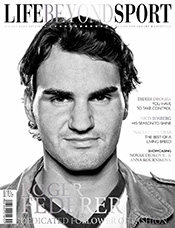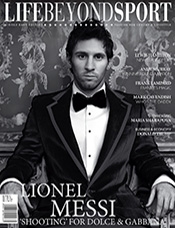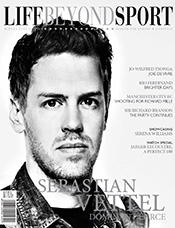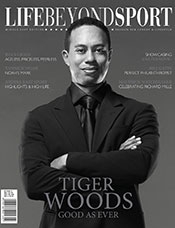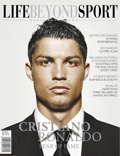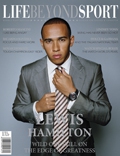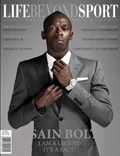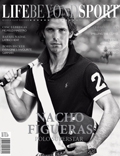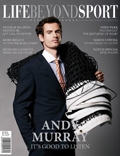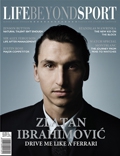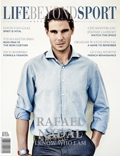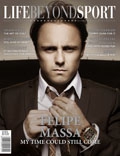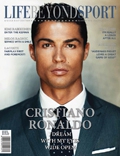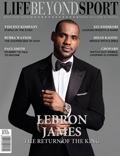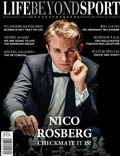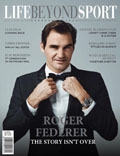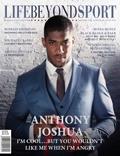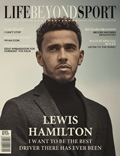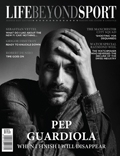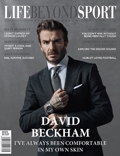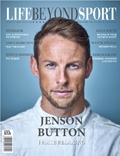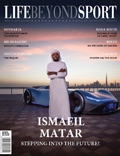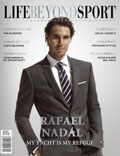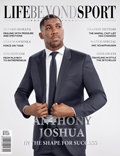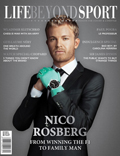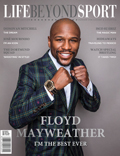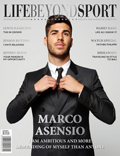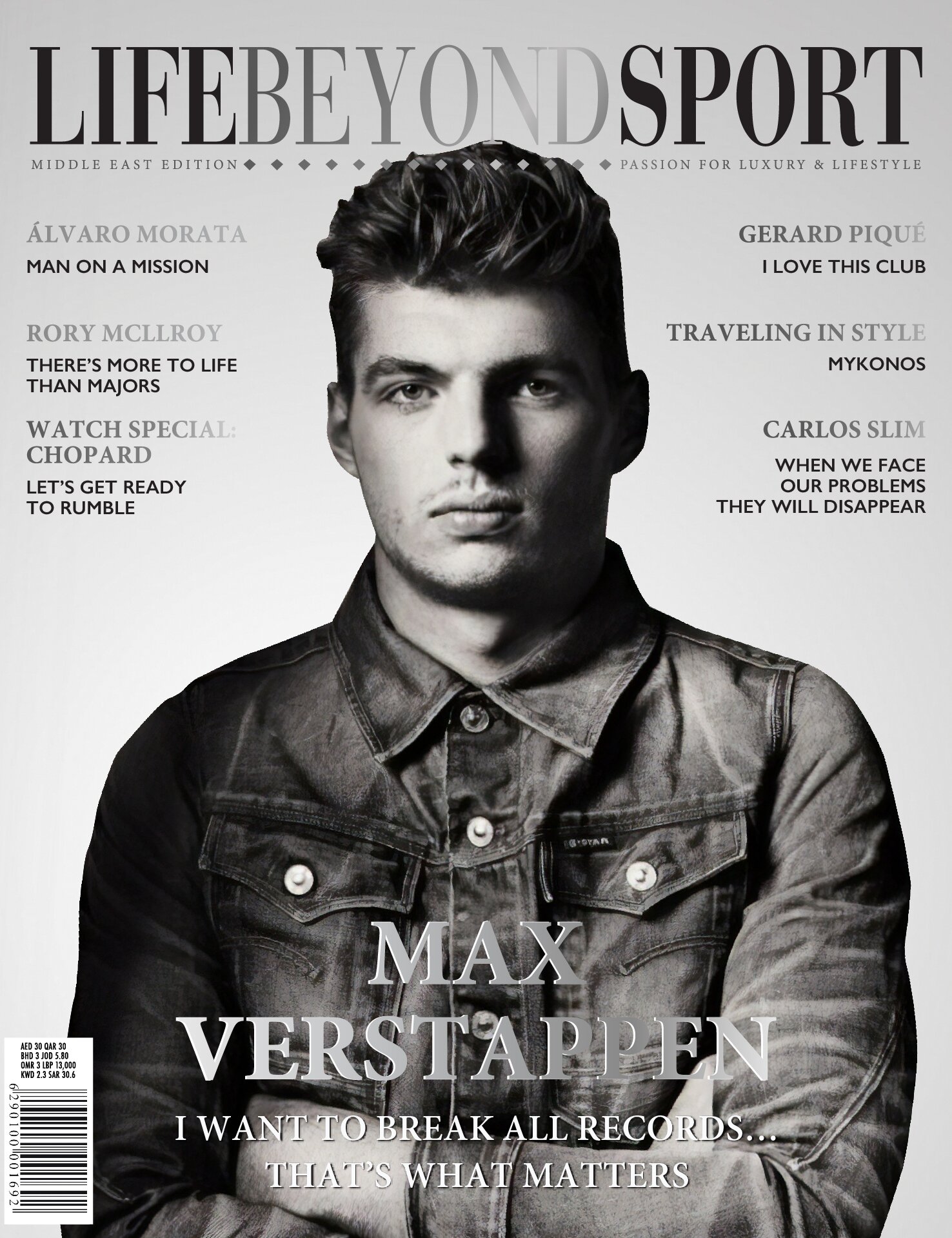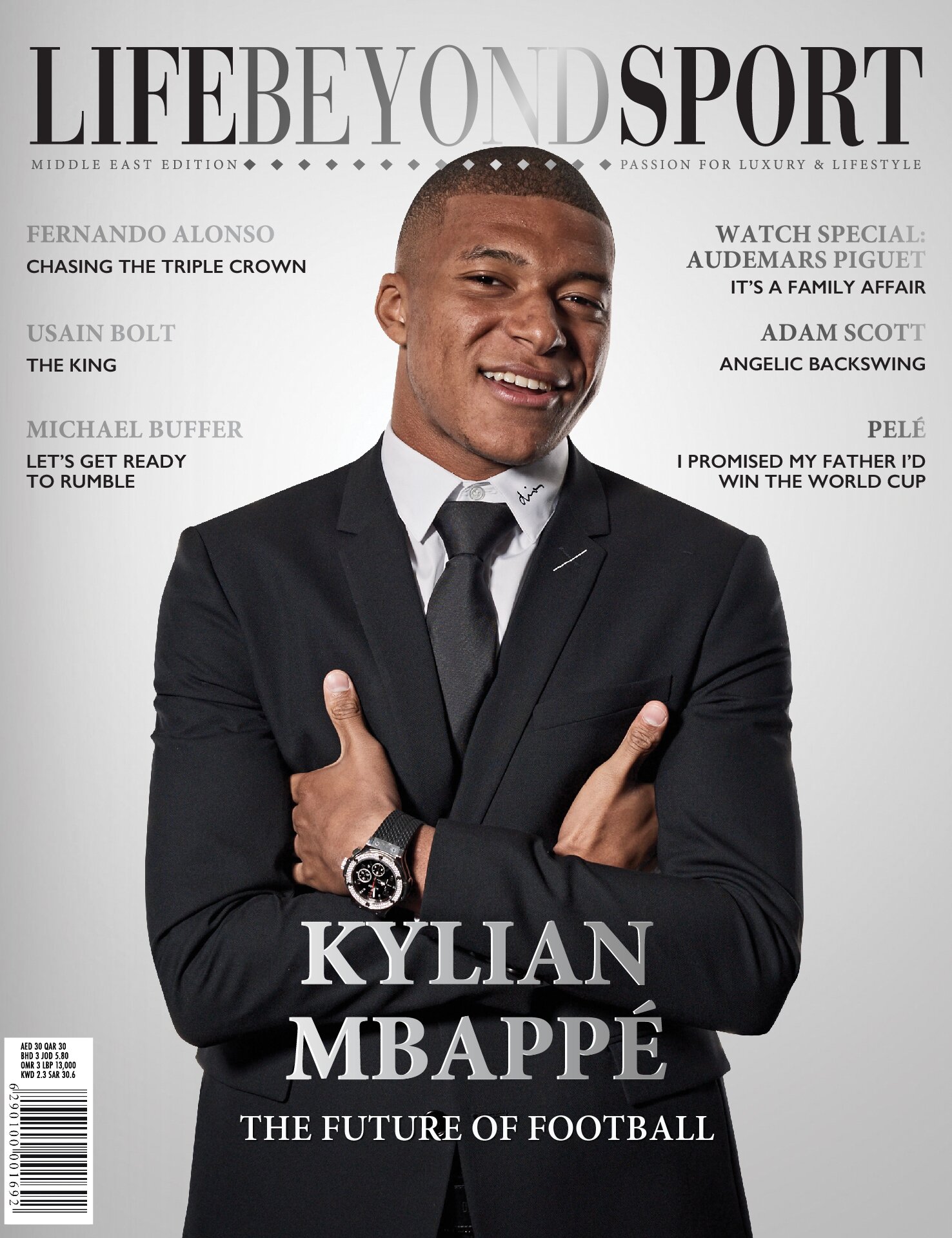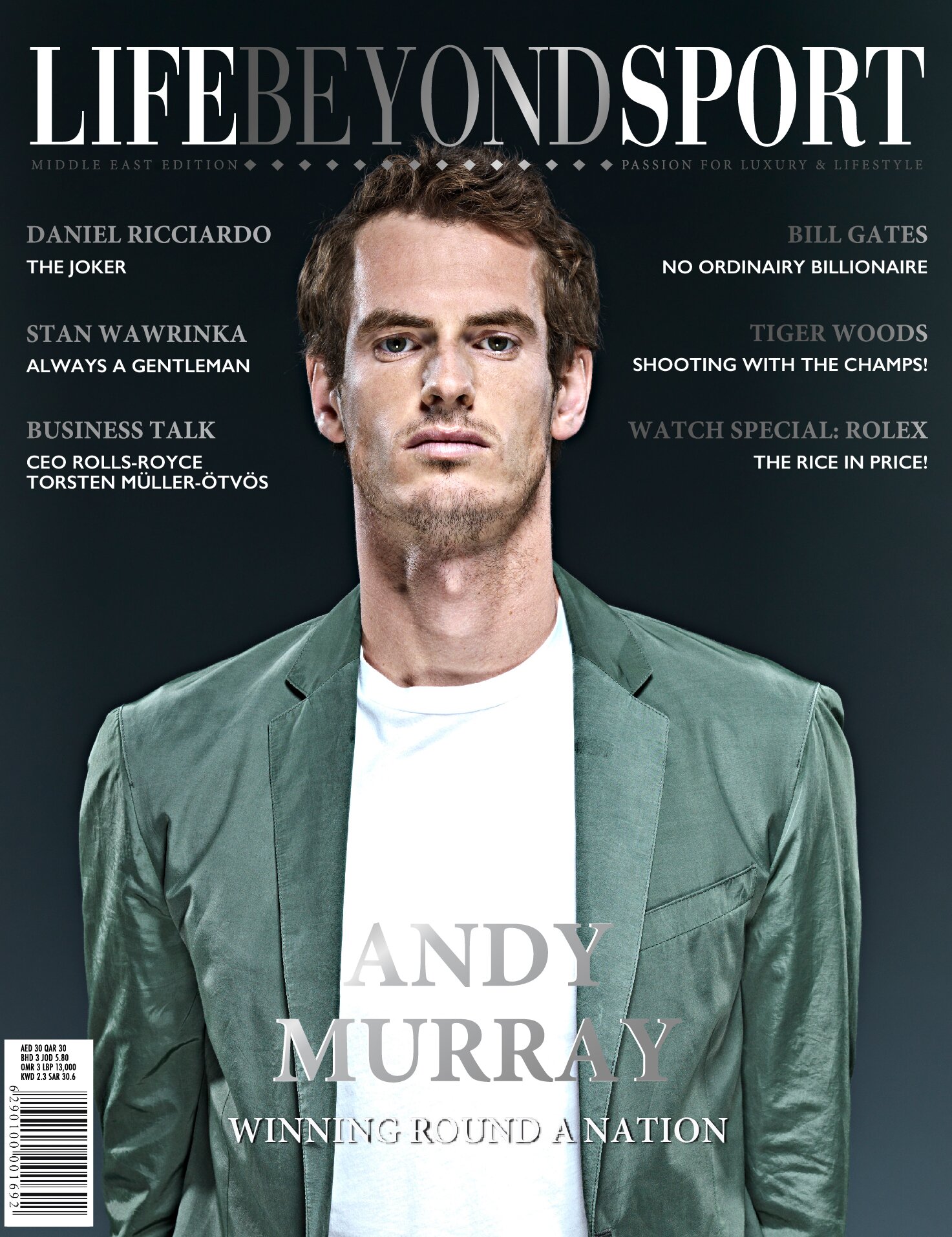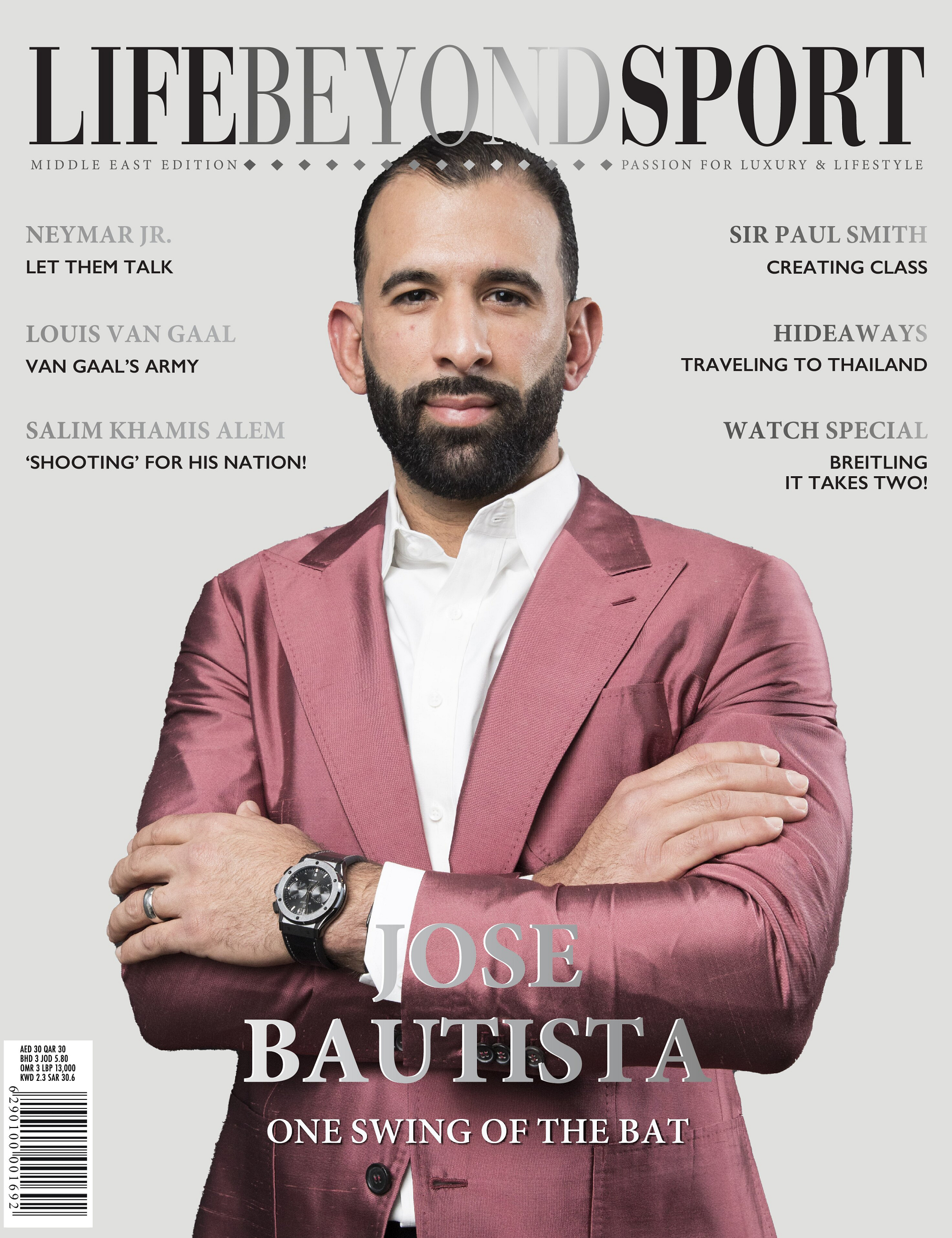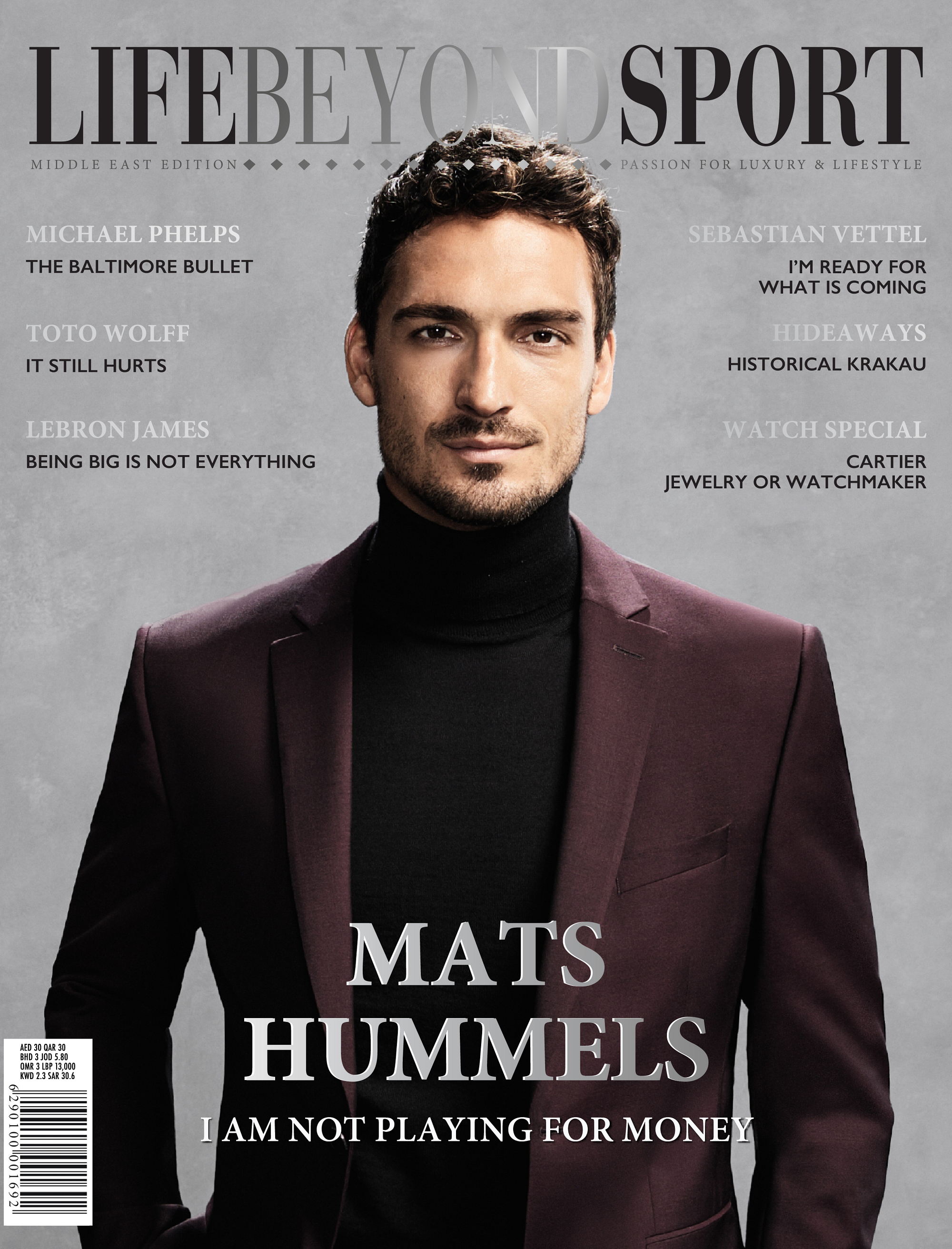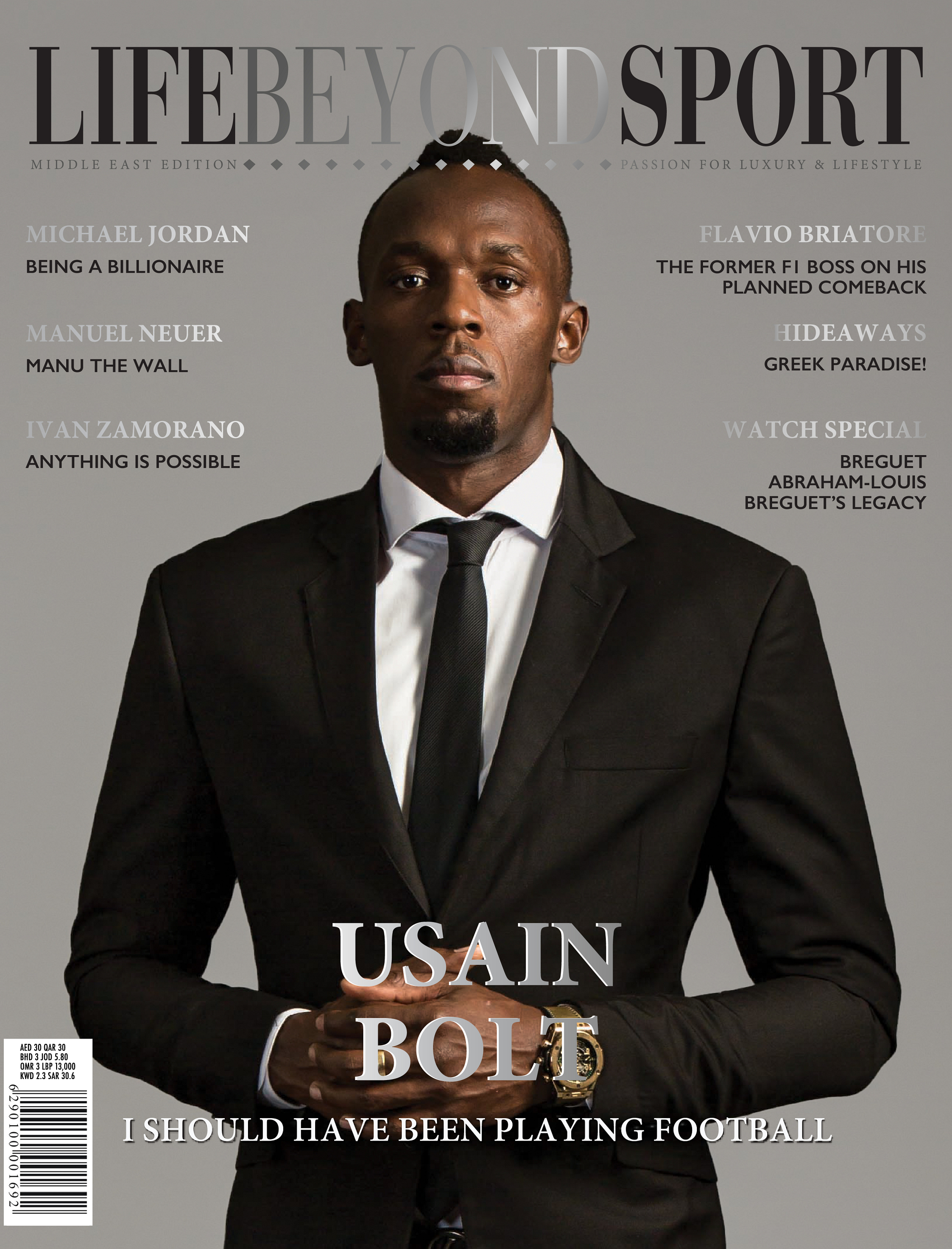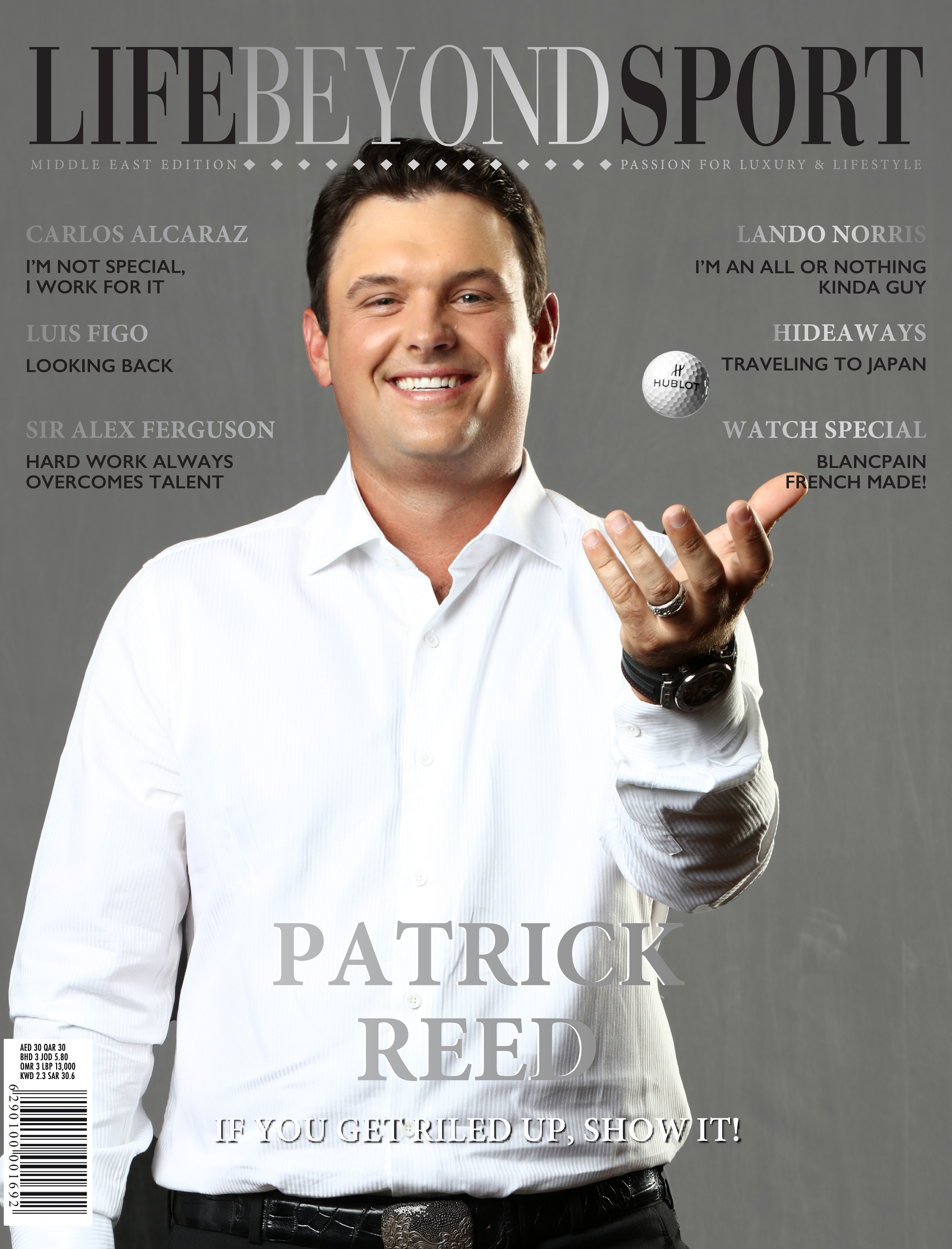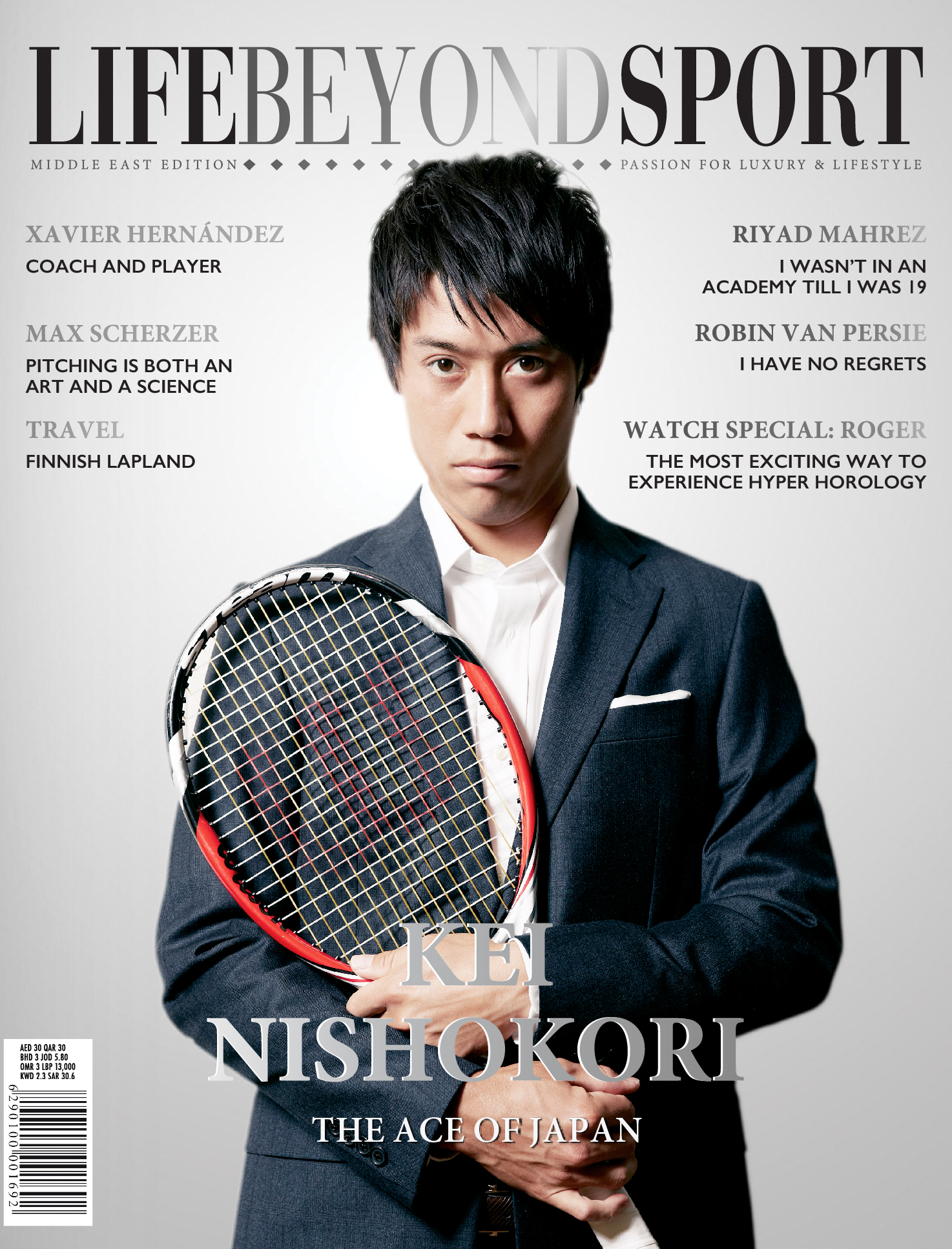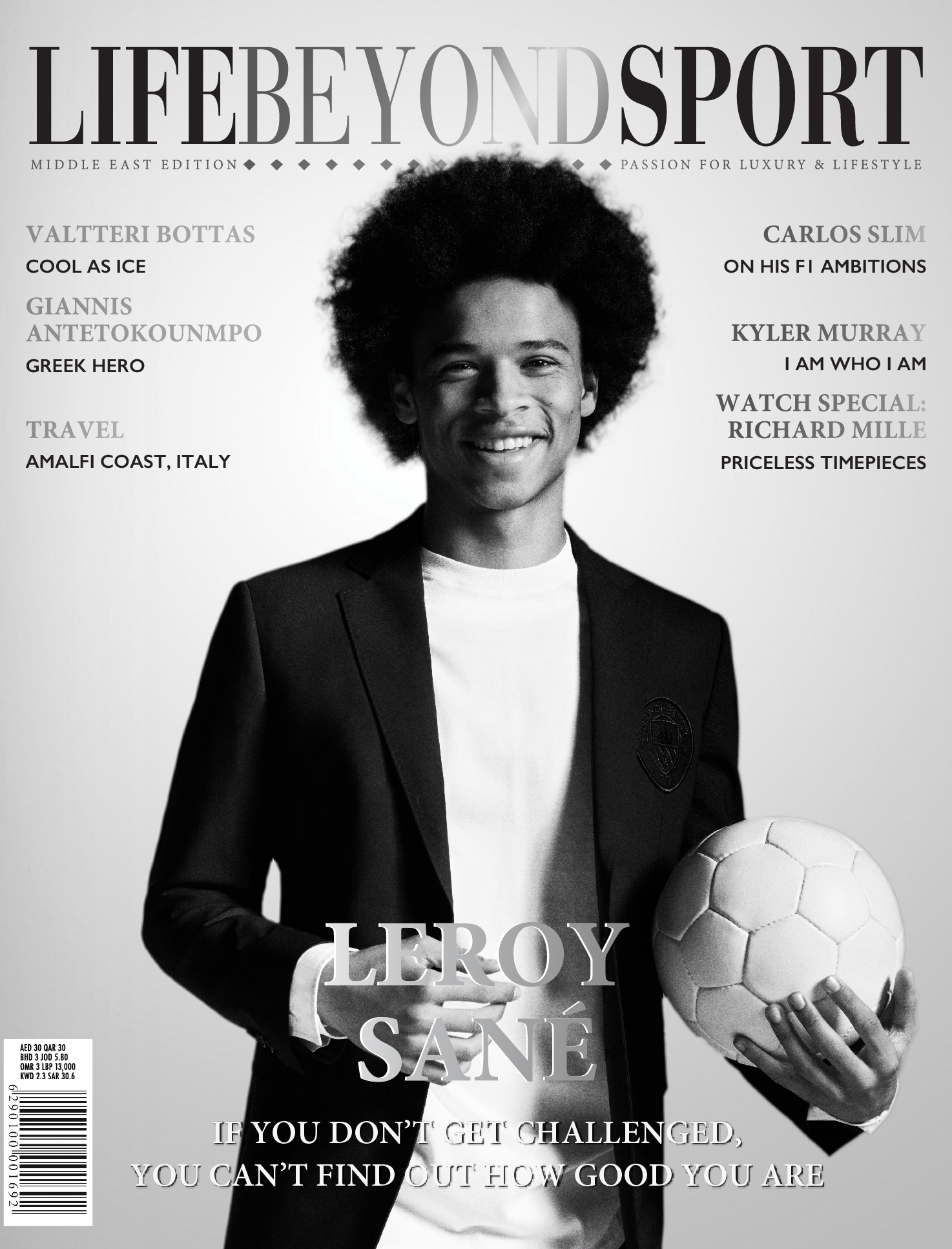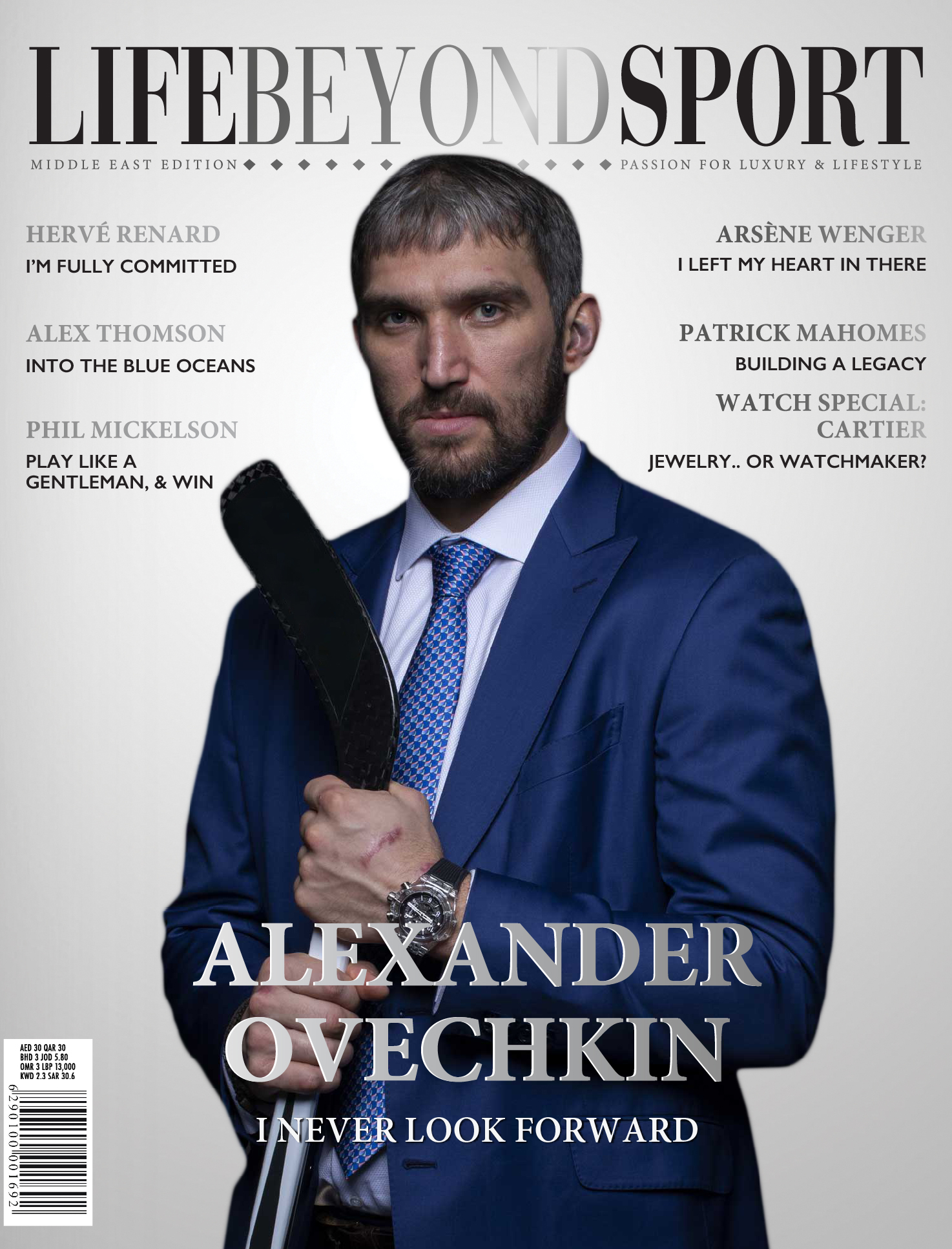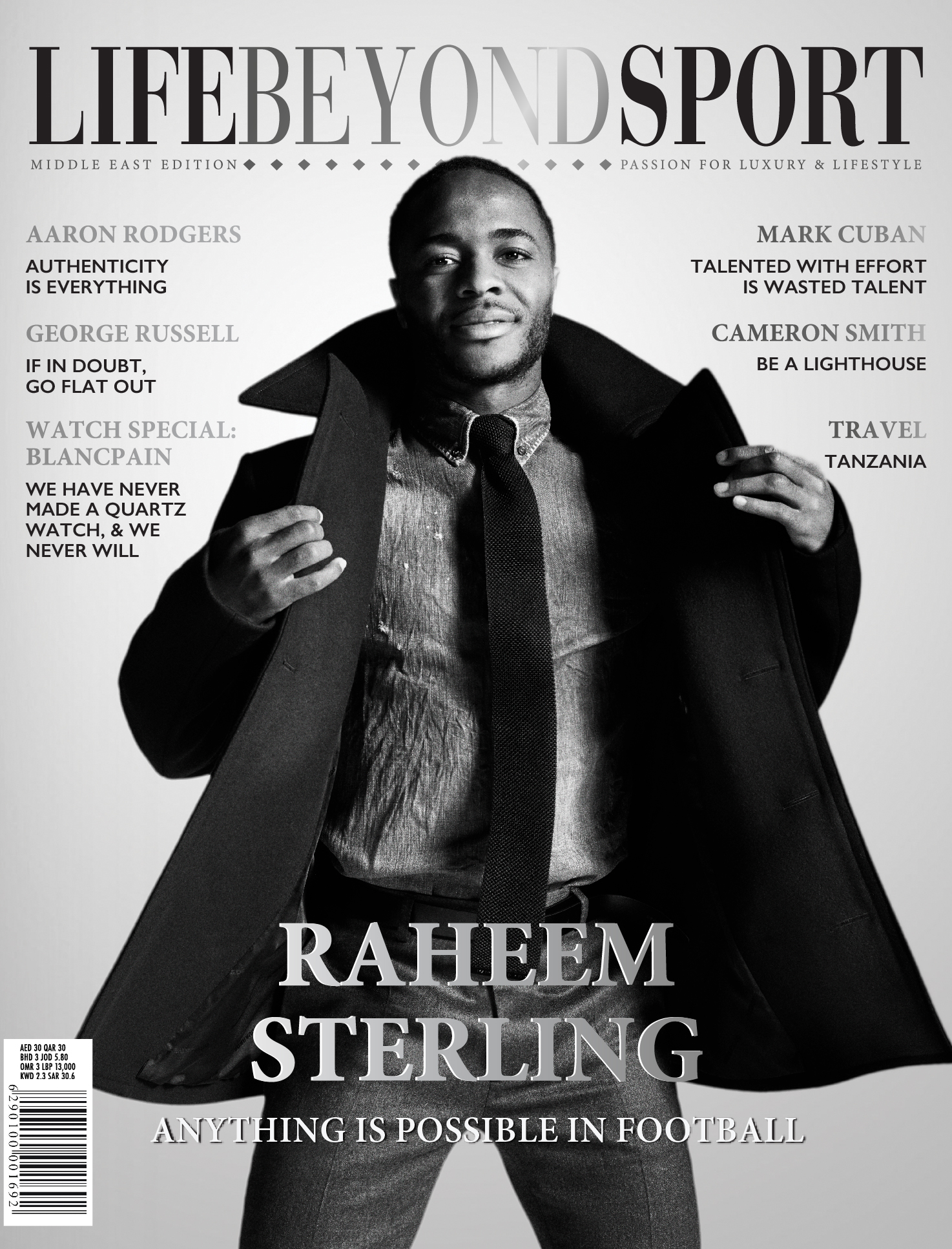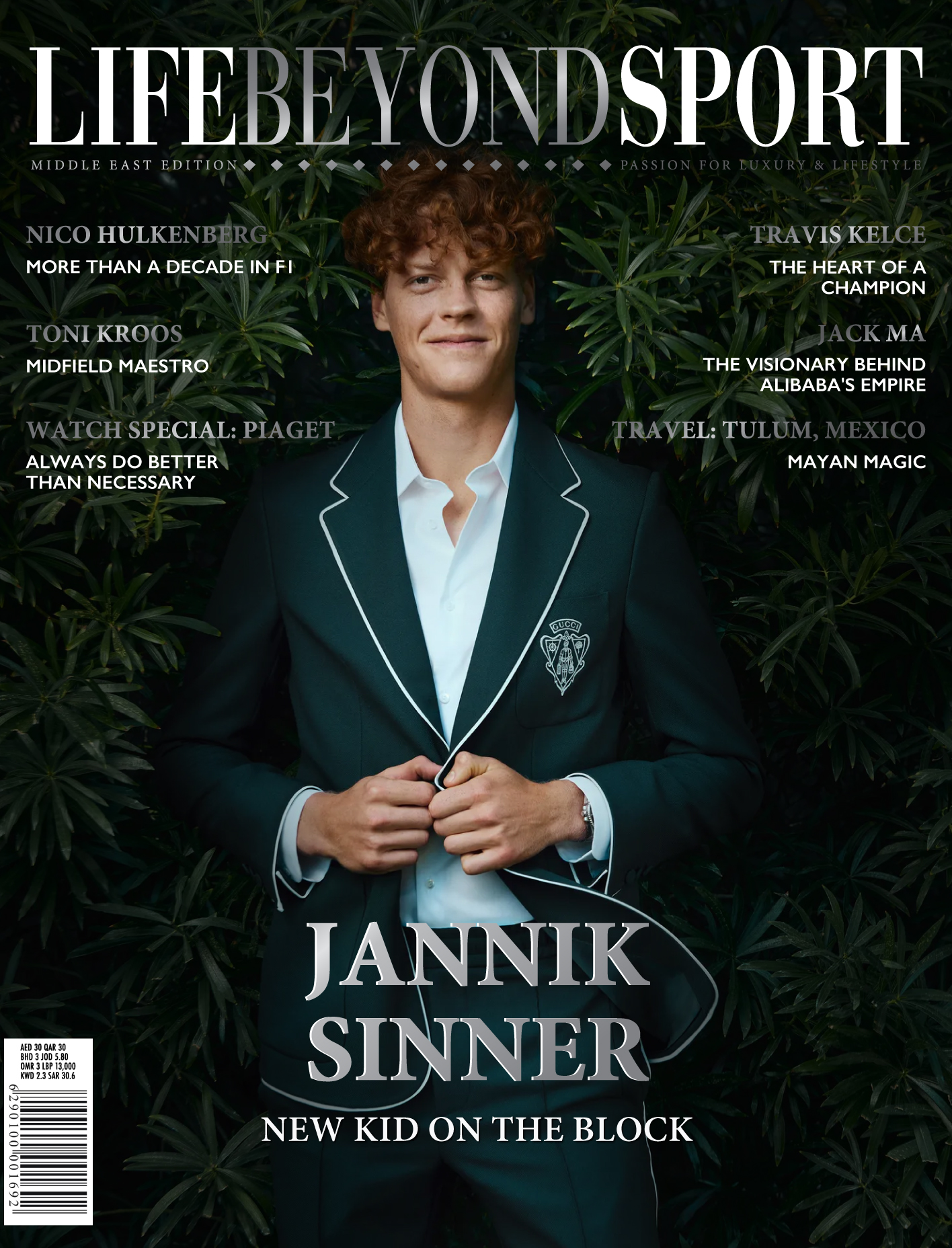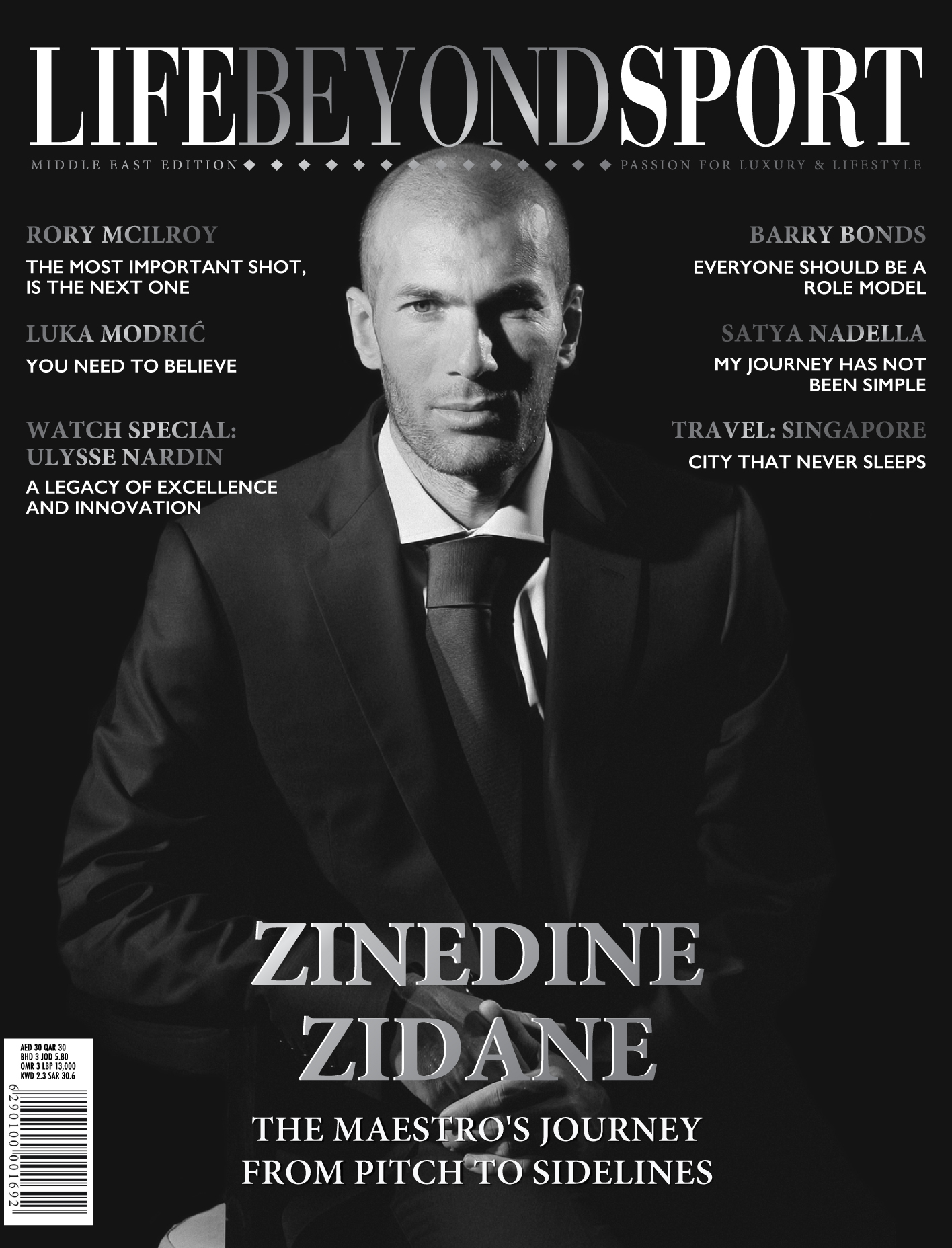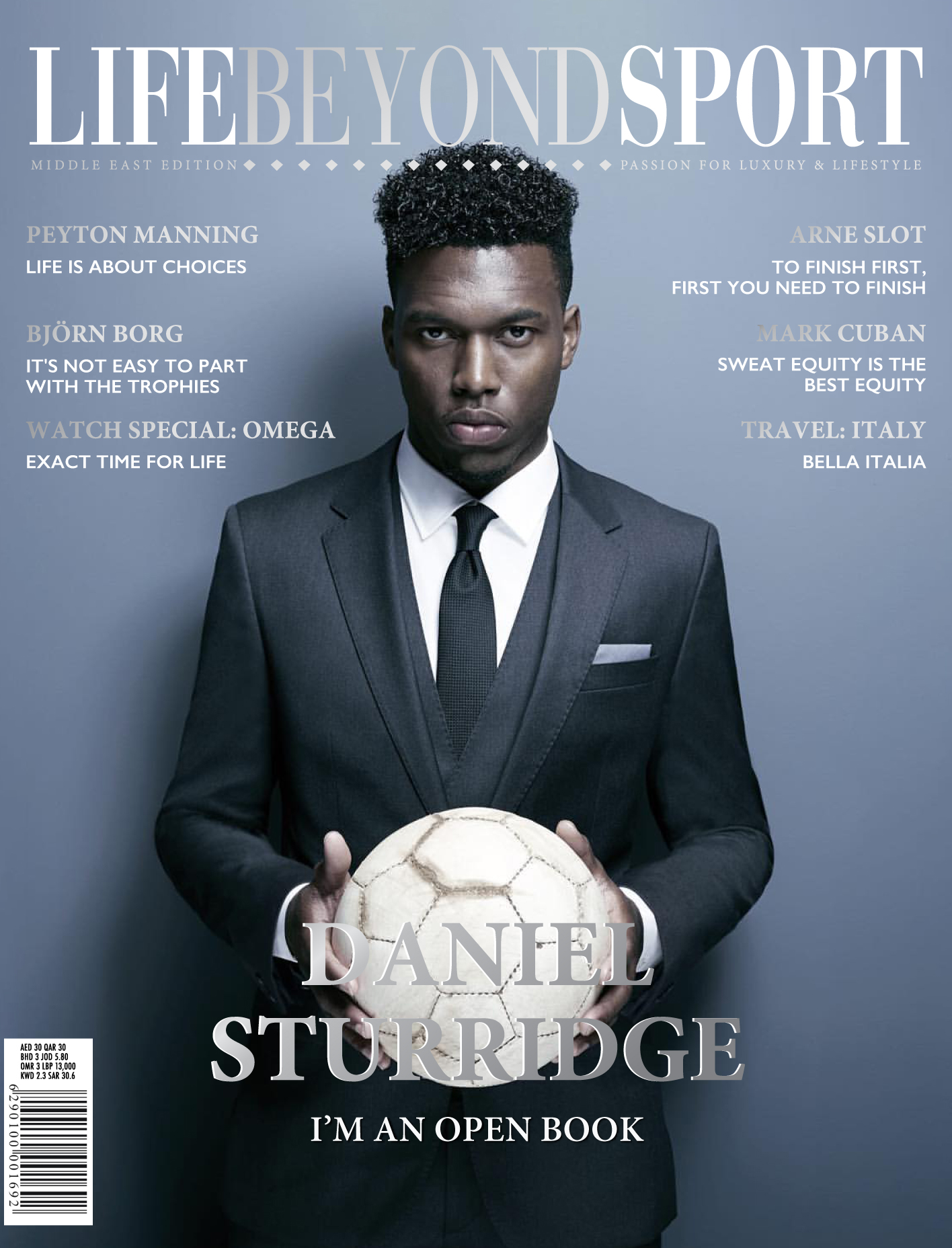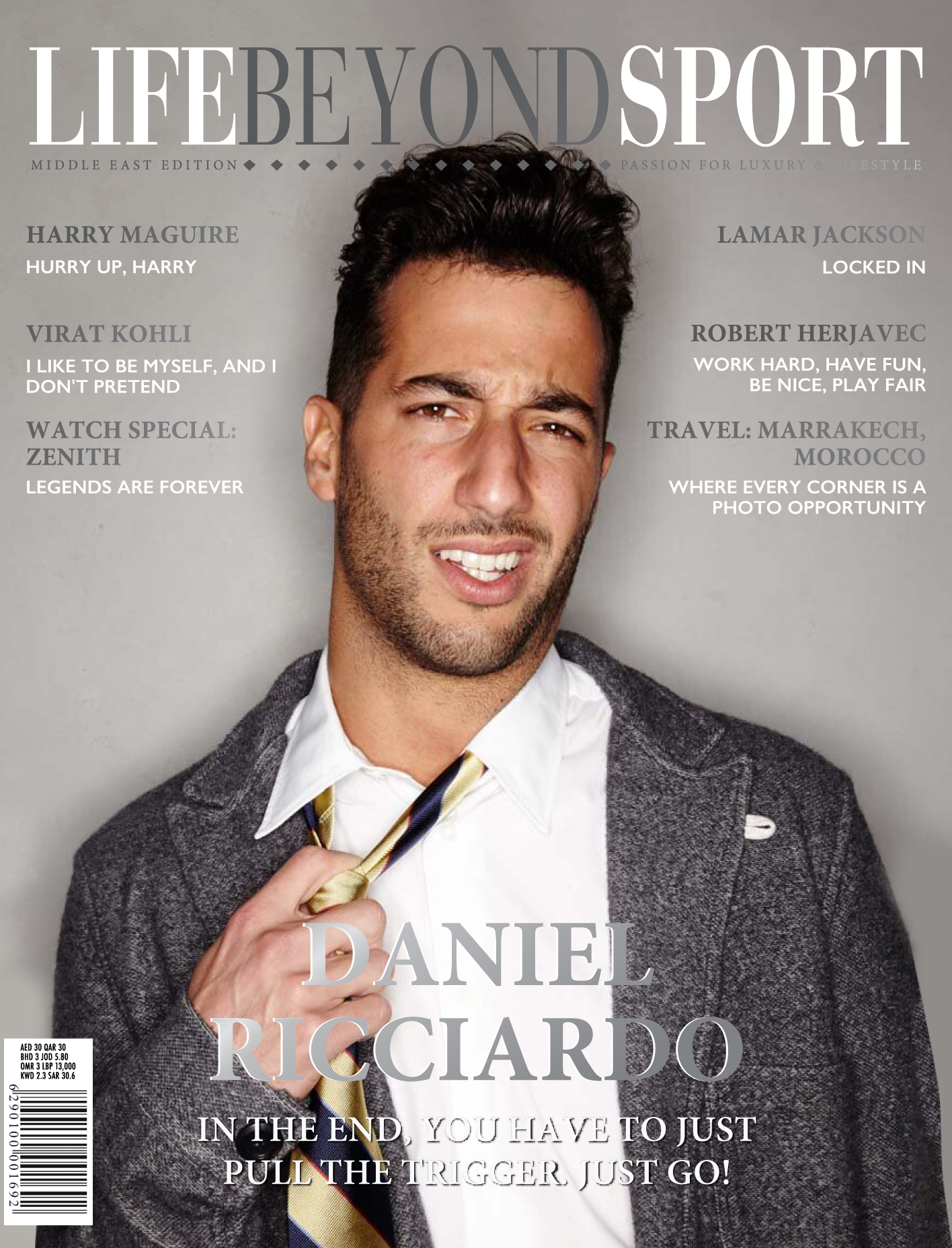The bullied teenager who turned into the superstar of Hollywood's biggest franchises, Andrew Garfield's life reads like a comic-book. As he prepares to transform, the Spider-Man actor opens up on his troubled past & riding the rapids of fame.
Mr. Garfield, who has been inspiring you lately?
Oh, there is a wonderful mythologist called Michael Meade and I have been reading a lot of his books and listening to a lot of his talks. He has an amazing podcast called Living Myth, which is deeply inspiring and contextualizing where we are from a mythological standpoint, which is a lost art in the Joseph Campbell kind of way. So I am really, really into him and his stuff. He is a very wise man, and not well known actually. I have also been reading Mary Oliver.
She’s a poet, right?
Exactly, she is a wonderful American poet, plus I’ve also been reading her short essays. I read an amazing thing online recently, from the poet E.E. Cummings. I really like him as a poet and there was this great quote at the top of the page: “To be nobody but yourself in a world which is doing its best night and day to make you everybody else means to fight the hardest battle which any human being can fight.” That’s given me a lot of inspiration, those words and those ideas… Because we are constantly told to not be what we actually, in fact, naturally are.
A couple years ago, you famously thanked your school bully for picking on you for being different — you said he made you into who you are today.
Yeah, but those demons, they don’t go anywhere. They are always hanging around; their voices just get quieter. Slowly maybe they start to disappear if you’re lucky or if you do the work with them.
Do you actually spend time with yourself and do the work to quiet down those voices with their bad advice?
Is that how you experienced it?
Well, there is another idea I like, which is: where we are most deeply wounded is where we are most deeply gifted. There is something stunning in that — and true. That rings true for me. Wherever I have been wounded, wherever any of us have been wounded, if we dive into what those wounds are, if we go down into and do the hard work within those wounds, we’ll actually find ourselves, we’ll find our real giftedness, a sincere, true giftedness.
Where do you come across these insights? Do you find them yourself?
I search a lot! I like reading, I like doing retreats with certain people, I like doing it on my own, with friends… It’s just part of what turns me on about living.
What kind of retreats?
I think being in nature is maybe the most important thing for me to unwind. Allowing myself to retreat, to be quiet and private, you know, get out of London, get out of the city. That is what I find is the most soothing: going to the countryside, Oxford, or recently I went to Big Sur, California, which I found very beautiful and recharging and rejuvenating.
You are apparently also exploring the nature of existence by taking mushrooms.
(Laughs) I was talking about that in an interview and it sort of got linked to the mushrooms thing but I was talking about ayahuasca as well. I think hallucinogens are an interesting way of exploring our consciousness in a very ritualistic and safe way. It’s not stuff to be trifled with! It’s not recreational. I’m talking about a genuine search. I am very interested in all the discoveries that have been made from travelling from those kinds of hallucinogenic drugs. It’s a very fascinating field.
Have these experiences of growth and healing become easier for you as you’ve gotten older?
Well, I consider sustained relationships and my relationship with my dad to be my biggest achievements. Me and my dad have an incredible relationship now but it was with a lot of work that we created it together. We are best friends. And I don’t mean that in any sentimental way, I mean it in a very real way! It took us a long time to get there. It took us a lot of hard conversations and deep work and courage to face each other and accept things about ourselves, about our family history, about stuff from previous generations. We really did a lot of healing together and we continue to. And now it’s this amazing exploration together. I don’t think many men get that with their fathers. It’s sort of a wound and a gift thing.
What do you mean?
For example, in Breathe, I played Robin Cavendish, an activist who was diagnosed with polio at the age of 28. But he went on to overcome both these mental and physical afflictions and inspired a lot of people. And that’s the thing about being a wounded healer. You can’t really heal unless you are truly wounded yourself. It’s all one thing. Robin accepted where he was wounded and turned it into this incredible gift: his longing to live and the threat of it being taken away. His gift was living.
Existential themes of life and death are ones you seem to explore quite a bit in your films.
What else is there to think about? It’s all about life and death. All stories are about life and death, even romantic comedies are about living and dying: how do you make meaning while you are alive, what is love?
And those questions are becoming more and more important in the cynical times we’re living in.
We are living in a cynical time, yeah. Everything feels a bit disposable, which is sad. These phones threaten to kill us on a daily basis, threatening our imagination, our true connections. This is my theory. But I don’t believe that cynicism is the truth, I don’t believe that’s how people actually want to be living. You know? We are able to live life with devotion and sincere love and patience and proper fun.
*Source: The Talks
.jpg) Life Beyond Sport magazine is a pioneering publication that breaks through the traditional barriers of men’s lifestyle magazines by smoothly combining a man’s love of sport with his passion for the finer things in life. The magazine contains a range of features, interviews and photo-shoots that provide an exclusive insight into the sportsman’s lifestyle. Only in Life Beyond Sport will you find the biggest names from the worlds of Football, Tennis, Formula 1, Golf, Polo and more.
Life Beyond Sport magazine is a pioneering publication that breaks through the traditional barriers of men’s lifestyle magazines by smoothly combining a man’s love of sport with his passion for the finer things in life. The magazine contains a range of features, interviews and photo-shoots that provide an exclusive insight into the sportsman’s lifestyle. Only in Life Beyond Sport will you find the biggest names from the worlds of Football, Tennis, Formula 1, Golf, Polo and more.